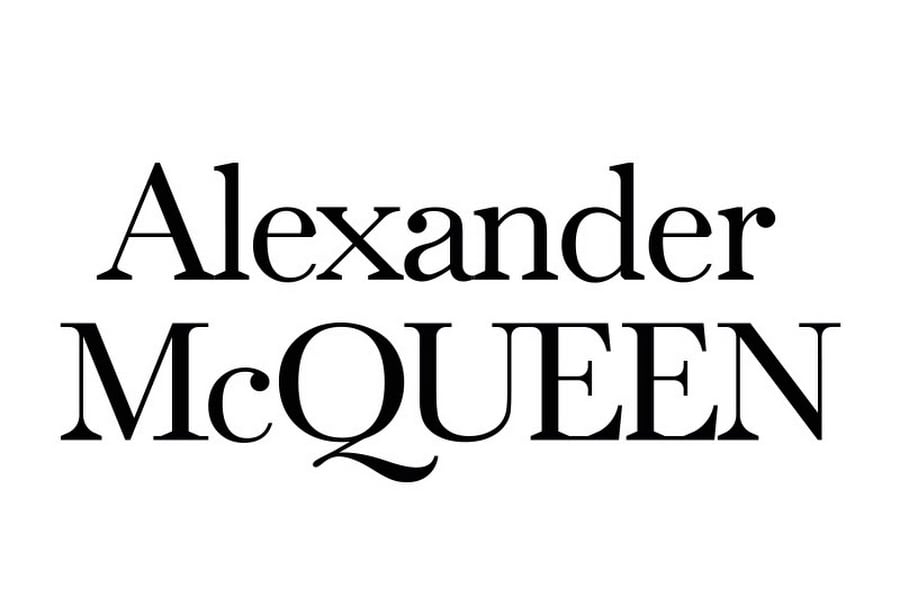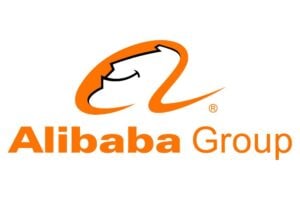Alexander McQueen are launching a virtual store on the Tmall Luxury Pavilion, Alibaba Group’s dedicated platform for luxury and premium brands.
What’s unique about this is Tmall Luxury Pavilion store is that Alexander McQueen will be the first Pavilion flagship online store in China that’s directly run by the house itself, rather than through a local partner. This will give the fashion house full creative control over the look and feel of the site and doubtless comes with a sizeable investment both for initial set up and for ongoing staffing costs.
The luxury brand was founded in 1992 by the late Lee Alexander McQueen, known for combining a respect for traditional craftsmanship with provocative, darkly romantic designs. Following his death in 2010, Sarah Burton was appointed Creative Director of the house. Burton, who worked alongside McQueen for 14 years, currently oversees the creative direction of all the brand’s collections.
The Alexander McQueen brand oversees a network of 73 directly operated brick-and-mortar boutiques, as well as several franchises and specialty stores worldwide, with flagships stores due to open in Shanghai and Hong Kong in 2019.
The Tmall Luxury Pavilion Alexander McQueen store will officially launch on the 16th of April 2019, featuring items that incorporate images from the John Daekin Archive as part of the designs. The Archive manages the work of John Daekin, the 20th-century British photographer who captured the lives of his artist and poet friends in London’s bohemian Soho.
Alexander McQueen is the third Kering-owned luxury brand to join the Pavilion, following Hong Kong-based jeweller Qeelin and Italian fashion house Bottega Veneta. Launched in 2017, Tmall Luxury Pavilion now offers more than 100 brands, ranging from apparel and beauty items to watches and luxury cars, including Valentino, Burberry, Tod’s, Versace, Stella McCartney, Moschino, Giuseppe Zanotti, MCM, La Mer, Maserati, LVMH-owned Rimowa, Guerlain, Givenchy, Tag Heuer and Zenith.
The growth of the Pavilion comes as Chinese consumers drive global high-end spending, with mainland China’s luxury sales growing 20% to €23 billion ($25.8 billion) last year, according to Bain & Co, who forecast that by 2025, Chinese consumers will account for 46% of the global market, up from 33% in 2018.










